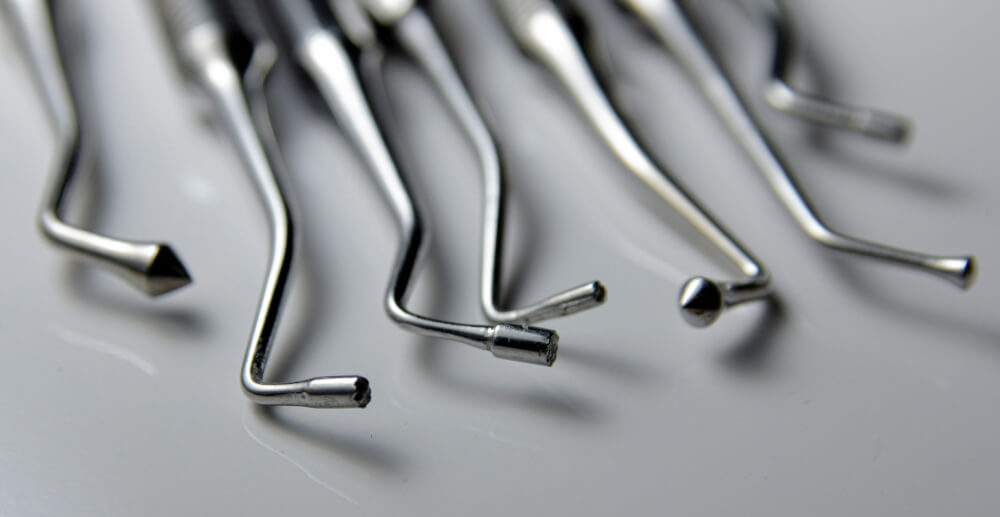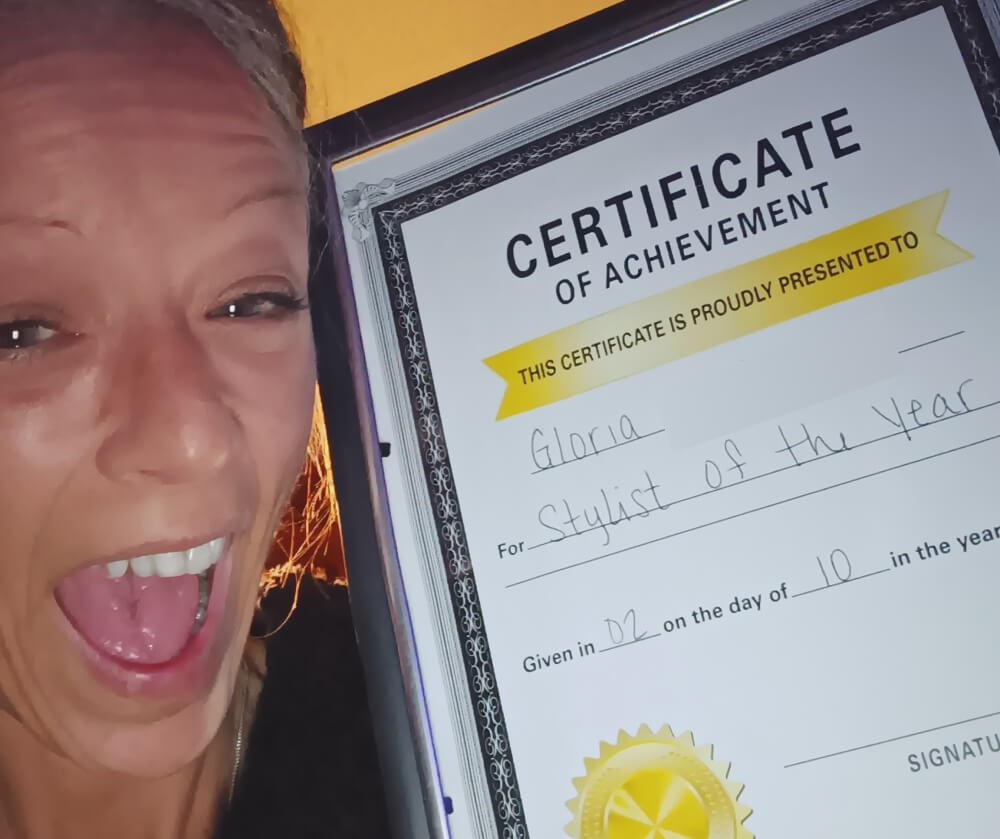Tracey Helton Mitchell, author of The Big Fix: Hope After Heroin, explains why relapse shouldn’t be treated as a dead end.
When I started my process of addiction recovery, my life was focused around the absence of pain. If only I could stop feeling this way … but how? I knew I wanted to stop using drugs and alcohol, but I had no idea how to make this happen. I tried ten other times until, on time number eleven, things started to fall into place. That was more than twenty years ago. There were many relapses that I turned into learning experiences. That accumulated knowledge of what worked and what did not work for me was eventually translated into a program of long-lasting recovery. Recovery is a marathon, not a sprint. While not welcomed, relapses, slips, and setbacks shouldn’t be treated as a dead end. They are an opportunity for self-examination and course correction.
Statistically, we are at highest risk for overdose death when we have had periods of abstinence.
This includes periods of incarceration, trips to rehab, after an extended hospital stay, or voluntary attempts to curb use. When we have had a period where we have been “clean” or “sober,” the expectations around us reach new levels. Our loved ones embrace us tightly. The pressure slowly mounts to regain responsibilities. Suddenly, our fragile grasp seems to slip — we are ashamed to admit to cravings. It doesn’t matter if it is a good bad or a bad day. Our relationship to drugs has become so complicated, a simple memory can set our mental wheels turning. We are told we should be feeling “grateful” when, in fact, we may be feeling isolated. It is easy to fall back into that groove of self-medication. Relapse can be a sole event or an extended incident. No matter what the circumstances of a relapse, the most important thing we can do is protect our health and safety by practicing harm reduction.
Leaving a relationship with drugs and alcohol is like leaving any abusive relationship.
It may take multiple tries before we finally leave. It is okay to admit that for a while, these substances feel good. Until they don’t. When we finally decide to get into the process known as recovery, one of the most challenging hurdles we face may be rebounding after a relapse. If we have spent months, years, or even decades using drugs and alcohol to solve our problems, it is entirely understandable that in times of emotional upheaval, we would return to our old solutions. We used when we were sad, happy, angry, lonely, and every place in between. Healthy behavior changes are hard. Like the diabetic who may have issues resisting sweets or the asthmatic who craves a cigarette, a person with addiction issues deals with significant temptation on a daily basis.
Your first thought after a relapse might be to think “I’ve thrown it all away!”
Don’t get stuck in this trap. You still have retained all the accumulated knowledge you’ve gained. You just need to create a new situation in which to apply it. Don’t let yourself get pulled into the cycle of guilt and shame. First of all, guilt and shame are useless emotions in this situation. Shame is fuel for the process of cutting off your support system. Guilt breeds the desire to keep drinking or using drugs to escape. You had 98 days sober and relapsed? That means that out of 99 days, you only used on one day? You now have 98 days worth of experience to draw on. You can start from today. Ask yourself—What can I do differently? What worked for me? What are my goals? What are the things that really make me want to change? Make a list. This is a time for action. Whatever your program of recovery, the tools are inside you. Tap into those.
A relapse does not have to end the journey. This can be a new beginning. Learn from this experience and move forward.








